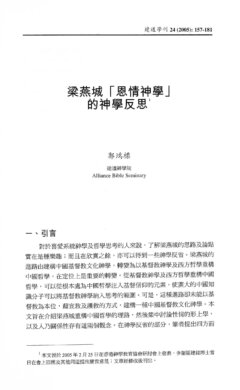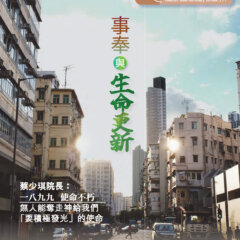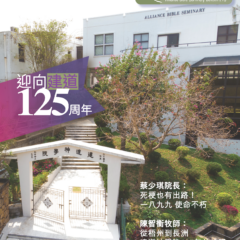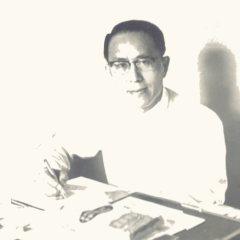梁燕城「恩情神學」的神學反思/郭鴻標
撮要
本文主要指出,梁燕城以基督教神學及西方哲學的觀念重構中國哲學,為中國哲學提供更多的外來資源。筆者在神學反省部分,對此提出四方面的回應。第一是建議以斯斯奧拿(John Ziziouslas)的關係性上帝觀,來補充梁燕城思想的不足。第二是指出梁燕城只提及放棄命題式啟示觀,卻沒有交代理由,也沒有以敘事式啟示觀作理論基礎;然而,筆者認為敘事式啟示觀亦存有不少問題,所以否定命題式啟示觀實為不智。第三是認同透過神契經驗指向在境界上與上帝相遇作為傳福音的切入點,確有其可取之處;不過純粹描述個人經歷,其實難以確立客觀的信仰理解,因此需要十架神學為啟示的內容定調。第四是建議從當代改革宗知識論者,繼承加爾文「神聖感」觀念的角度看人感通上帝,並從神學美學的角度,為梁燕城的「智的直覺」感通觀念尋找神學的理據。
ABSTRACT
This paper points out that Leung In-sing tries to reconstruct Chinese philosophy in the light of Christian theological and Western philosophical ideas. The author’s critique consists of four parts. First, the inadequacies in Leung’s thinking could be supplemented with John Ziziousloas’ perception of a relational God. Second, Leung has abandoned the perception of prepositional revelation with no explanation provided; neither does he develope his idea with narrative revelation as foundation. As there are still argumentative issues concerning narrative revelation, the author considers it unwise to reject the former conception. Third, it seems that Leung’s proposal of reaching the “horizon of God- Human encounter” through mystical experience lacks an objective foundation, therefore need the theology of the cross to define the revealed contents. Fourth, the author suggests a “sense of divinity” approach, which epistemologists of the reformists have inherited from John Calvin, to explore the experience of encountering the divine; as well as to view Leung’s “intuition of wisdom” in a theological aesthetic approach.
原載於《建道學刊》24期(2005年7月),頁157-181。
作者簡介
郭鴻標
副院長 (行政)








